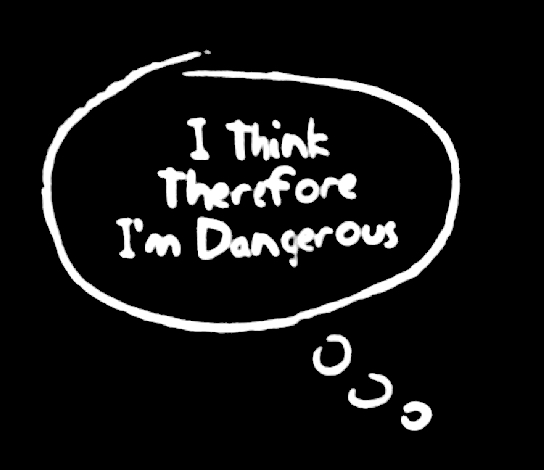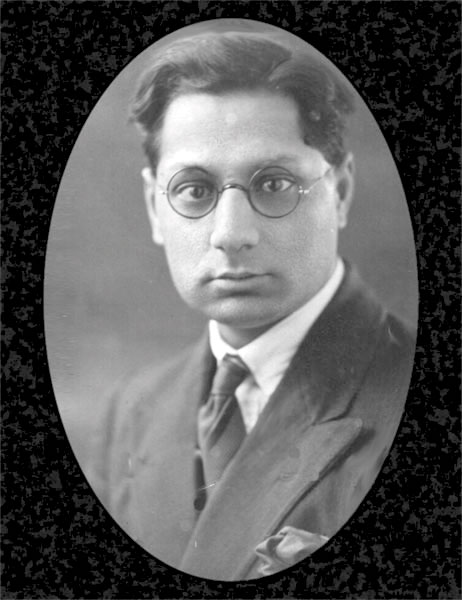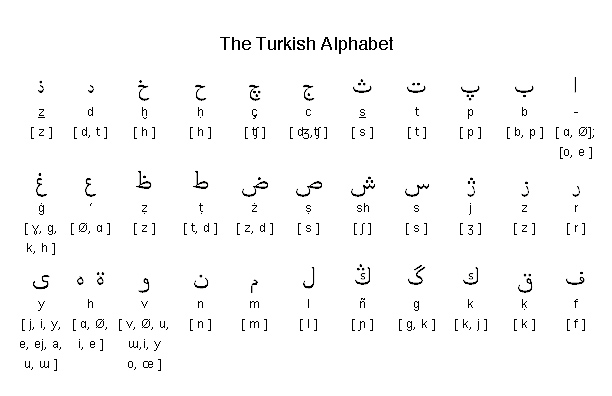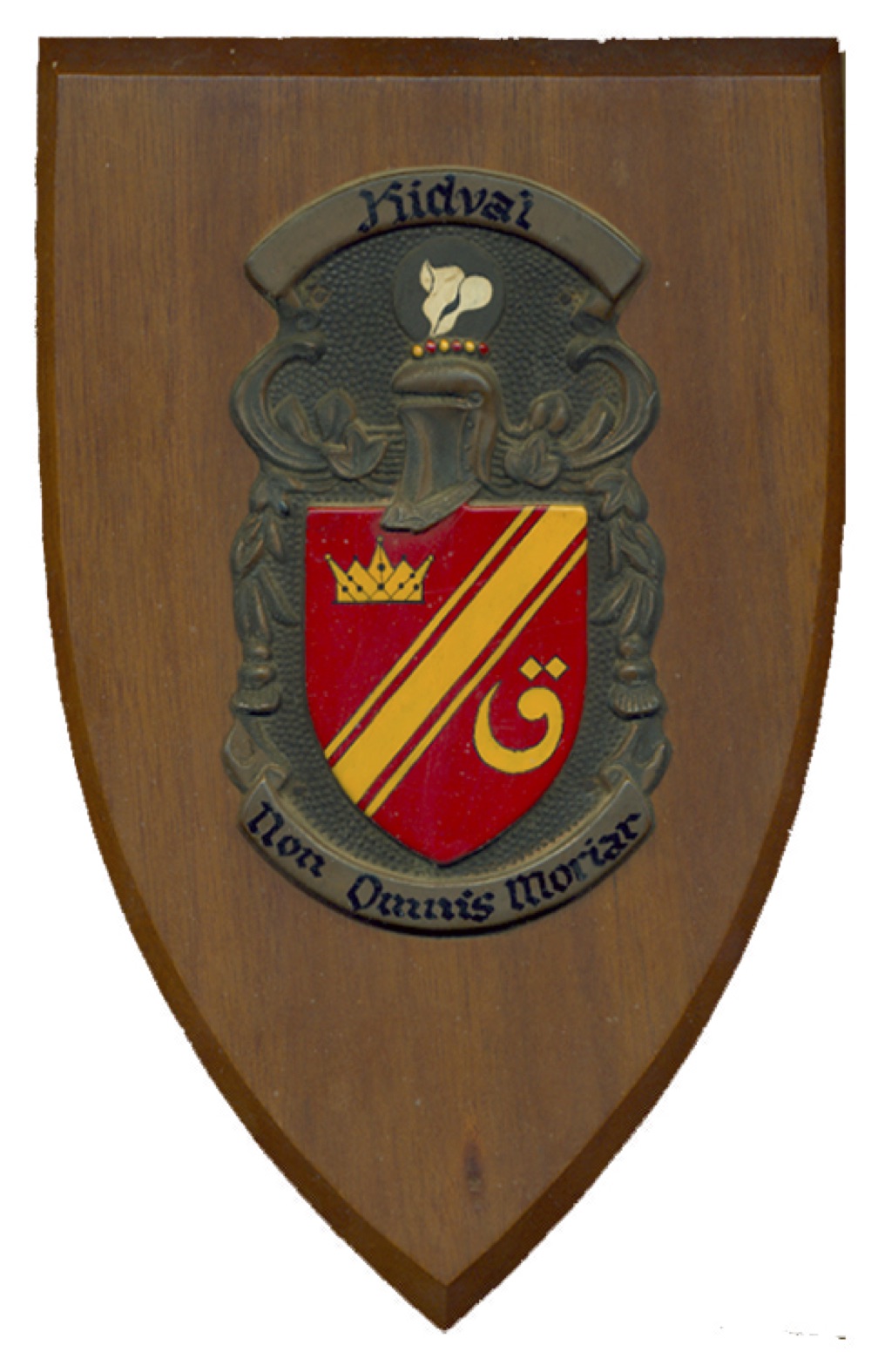 |
| Fidel Forever — 25.11.2016 |
Today I have seen many programs on TV, posts on the Net, emails, and a lot more on Facebook and Twitter, telling us how good Castro was, as well as how bad he was. We have seen Cuba mourning and eyes loaded with tears … and the Cubans in USA jumping with joy that he is dead.
Should my opinion of him and his one-time partner, Ché Guvera (who's picture people from Communists and Revolutionaries and Liberals and others post everywhere … and wear his T-Shirt Image in colleges and on the streets) change?
 |
Ché Guevara
|
NO!!!
My encounter with Cuba has several things that I can recall.
Each one has been better than the other.
•••••
My first encounter was when I went to Cuba on my ship as a Merchant Navy Captain. We walked off the ship to get into the main city, but all we had were US$. We thought anybody would change them. But there was no shop around. The three of got on to a bus and offered the money to the driver who said he couldn't take US money. We said we had no other money and wanted to get to a bank to change this. He asked us to sit down.
Then, he put his hand in his pocket, brought out some small change, counted it, and put it in the ticket money box!!! His own money! He said we were guests and didn't have the money. He had the money and was paying it for us, since he can't take us free.
Wow!
•••••
My second encounter was going out into the city (after we had changed our money) and walk around the place, watching people eating ice-cream, smoking cigars, singing group songs on the road, dancing everywhere. They lived quite happily, it seemed to me, despite the fact that they had problems buying most things that we take for granted in our lives.
•••••
My third encounter was to go to the University with the ship's agents. He knew Che's daughter, Aleida Guevara.
 |
Aleida with Fidel and Ché
|
She was wonderful and I remembered her telling us about her father who left them to go to Bolivia when she was 4 and was killed when she was only 7. Like her father, she is a strong Marxist. A Physician, she has been part of Cuba's growing interest in Education and Medical facilities, which I will talk a little about later.
(Aleida Guevara refused to go to a mass Pope Francis would lead during his historic Cuban trip, saying it would be “hypocritical” of her to be present.)
•••••
Many years later, my daughter was at Hampshire College and had the option of going abroad to Paris or to a place in Cuba for a year's studies. When she wrote to me, I suggested that she go to Cuba. After all, I said to her, that Paris would probably be Paris when she comes out of College and she could visit it anytime. But if Castro died, Cuba wouldn't be worth visiting, somehow. So that's where she went for a year's studies.
•••••
Meanwhile, in Pakistan we had the worst Earthquake in history. More than thousands died. Thousands lost their homes.
(I was in New Delhi, having breakfast at Tarun Tejpal's house He had gone to the bathroom. I felt a small jolt. He came out, wrapped in his towel, and asked f there was an earthquake. We got out of the house and many people were coming out and looking everywhere. New channels told us that there areas had been hit in Kashmir. No news of Pakistan, of course. I phoned BITS - Sabeen's and my software company - and found out that life has been much worse in Azad Kashmir.
Not just worse, much much worse, as I discovered three days later. A member of our team, Ziad Asim, had lost several members of his family and was now working at BITS on a software to bring people together in case they wanted to contribute goods to the earthquake victims. I asked him why he hadn't gone home. He said there is no place to go to. Everyone is dead. Sabeen was organising for places collecting the goods to be put on our website, so that people could deliver their goods there.)
Cuba sent us Doctors and Medical Aid facilities and Equipment that flew in every few days and added more and more. We were filled with their people here. They even sent out Pakistanis that they couldn't treat, locally, right into their own hospitals in Cuba. Even our daughter was called to translate some of the patient's broken-Urdu into English for the medical program workers there.
Had this earthquake happened in Cuba, would Pakistanis have said anything other than a few minor 'sorries' in the press. After all, our 'bosses' in the USA would hardly have been happy even with that!
•••••
Later on, when I was in Pakistan, Dr. Ghazala Aziz - a friend and a Doctor - was working with the people supporting the earthquake victims. She decided to hold a concert of Indian Classical Music stars, Shubha Mudgal and her husband Aneesh Pradhan, in Karachi to get money for these victims.
 |
| Aneesh& Shubha |
Shubha and Aneesh arrived here with their team and we had a concert that was lovely. The next day we took them out to the French Beach, with Farid Ayaz and Abu Mohammad's group so they could hear a live qavvaali at a hut that had been arranged.
I decided to call my daughter in Cuba so that she could listen to Shubha on my iPhone. She was a great fan of Shubha and Aneesh. A voice answered. I couldn't recognise it. So I called again. The same voice said, with some difficulty, "Abi. It's me. I have fallen down. Hurt my back. Badly. I will be tested again, tomorrow. Please call again." - Stumped, I called Dr, Hasan Aziz (Ghazal's husband) out from the crowd. He spoke to her and then told me that I should try and get to Cuba.
Ghazala gave me a number of a Doctor from Cuba, who was now in Pakistan. I called him and he said, "Don't worry about the Visa. I'll get it for you. Just get me to talk to the Doctor in Cuba and if he says you are needed, we will fly you out, asap, in one of our planes." Imagine — a Doctor willing to help me out, in the middle of his own work at the earthquake site.
•••••
The next day I got a call from Cuba. my daughter spoke for a while and then the Doctor spoke to me and said that she'd hurt her back but was out of danger. She'd have to stay at home for 5 weeks and would not be able to return to her work at the University. He'd visit every week and I could call his home number and ask about her. There was no need for me to come there.
I was glad that she was out of danger, though worried about her back. It later turned out that she'd hurt her vertebra in three places.
I was happy that she was being looked after by these people.
•••••
Four days later I got another phone call.
This was from her professor.
(I am quoting from memory and through what were, then, really happy tears. The words may not be quite right, but the gist is.)
"Dear Mr. Kidvai, your daughter is a wonderful student but can't attend her classes any more because of her hurt. I wanted your permission to visit her every two days and teach her what she has missed in class … so that when she finishes her course, I can give her the same test. I am sure she will pass. But I need your permission to do so and would like you to speak to her house people that it is OK by you."
•••••
I come from an area that, many realise, is known for its friendship and the way we treat our new and old friends. But this, I was never prepared for. I cannot say "Thank you" often enough to the Cuban people. May you live in Peace.





















